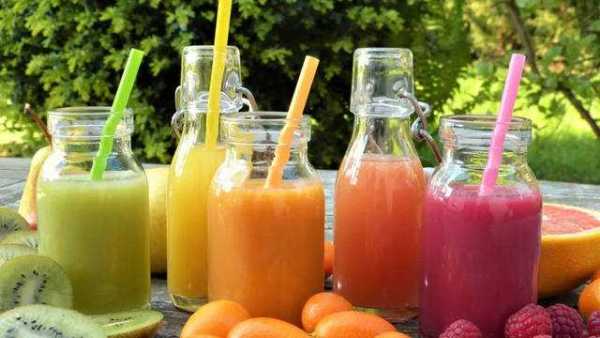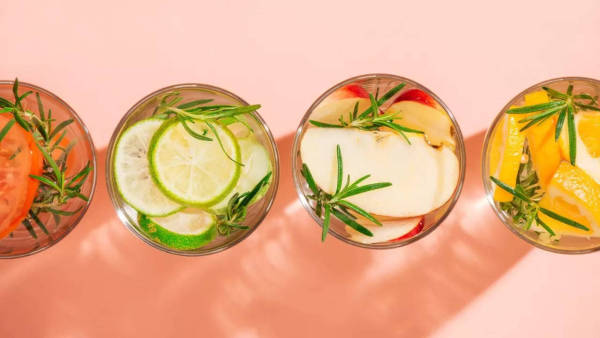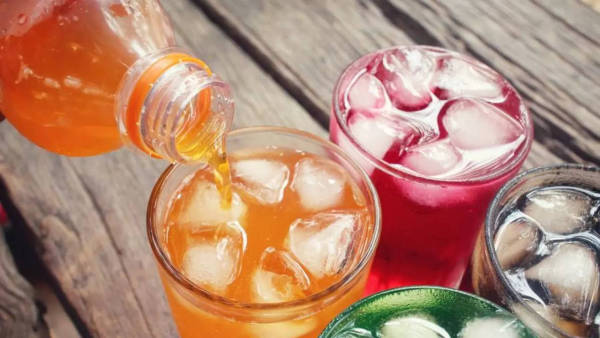
Starting the day with something sweet usually sets the mood right for the whole day. As the saying goes, morning shows the day; starting the day with sugary drinks like packaged fruit juice or some sugar-laden drink might seem like a good option. However, it is not.
According to a study published in Nature Medicine on January 6, 2025, the consumption of sugar-sweetened beverages (SSBs) is responsible for more than 330,000 deaths each year from cardiovascular disease and type 2 diabetes.
What are sugar-sweetened beverages (SSBs)?
Sugar-sweetened beverages (SSB) are beverages with added sugar. They have been described as "liquid candy". Added sugars include brown sugar, corn sweetener, corn syrup, dextrose (also known as glucose), fructose, high fructose corn syrup, honey, inverted sugar (a mixture of fructose and glucose), lactose, malt syrup, maltose, molasses, raw sugar, sucrose, trehalose, and turbinado sugar. Naturally occurring sugars, such as those in fruit or milk, are not considered to be added sugars. Free sugars include monosaccharides and disaccharides added to foods and beverages by the manufacturer, cook, or consumer, and sugars naturally present in honey, syrups, fruit juices, and fruit juice concentrates.
Consumption of sugar-sweetened beverages is linked to weight gain and an increased risk of cardiovascular disease mortality. According to the CDC, consumption of sweetened beverages is also associated with unhealthy behaviors like smoking, not getting enough sleep and exercise, and eating fast food often and not enough fruits regularly.
On the other hand, artificially sweetened beverages (ASB) are defined as those containing non-nutritive sweeteners and are marketed as a replacement for sugar-sweetened beverages. Similar to sugar-sweetened beverages they are linked to weight gain and an increased risk of cardiovascular disease mortality.

Downsides of SSBs:
Sugar-sweetened beverages (SSBs) contribute to excess weight gain and cardiometabolic diseases such as type 2 diabetes (T2D) and cardiovascular disease (CVD), both directly and mediated by weight gain. Despite progress in elucidating the role of SSBs in health, an updated and comprehensive assessment of the global disease burden attributed to SSBs remains scarce. Our previous study estimated that, in 2010, intake of SSBs was responsible for 184,000 global deaths. More recent analyses looking at 87 different risk factors in 2019, including SSB intake, relied primarily on national per capita estimates of added sugar availability or sales data, rather than individual-level dietary data, limiting the validity and precision of estimates across population subgroups.
Sugary drinks can have many negative effects on your health, including:
Weight gain: Sugary drinks are high in calories and provide little nutritional value, which can lead to weight gain and obesity.
Tooth decay: Sugary drinks can contribute to tooth erosion and decay.
Heart disease: The extra insulin in your bloodstream from drinking too much sugar can cause your arteries to become inflamed, thicker, and stiffer, which can stress and damage your heart.
Type 2 diabetes: Drinking sugary drinks is associated with a higher risk of developing type 2 diabetes.
Sugary drinks can also increase the risk of kidney disease, non-alcoholic liver disease, gout, and metabolic syndrome.
Cardiovascular disease: Each additional serving of sugary drink per day is linked with a 10% higher risk of cardiovascular disease-related death.
Cancer: There is a modest link between sugary drink consumption and early death risk from cancer.
The alternative way:
Instead of sugar-sweetened beverages, you can drink plain water, flavored water with fruit slices, unsweetened tea (green, black, or herbal), sparkling water, black coffee, coconut water, or diluted 100% fruit juice in moderation; essentially, opting for drinks with no added sugar and natural sweetness where possible.

Here is a list of drinks that can be consumed instead of SSBs. Take a look.
Hot drinks:
Hot chai with cinnamon, cardamom and ginger
Decaf espresso with a drop of vanilla extract
Orange spice black tea—tea with orange rind, cinnamon, slice of orange
Hot almond milk latte with cocoa powder
Coffee with cardamom and cinnamon
Tea made with hot water infused with fresh mint, lemon, ginger, and fennel seeds
Steamed soy milk with Earl Grey tea and a hint of vanilla extract
powder for a sweet nutty flavor
Warm water with turmeric powder and fresh lemon juice
Apple cinnamon herbal tea with apple slices
Spearmint tea with frozen grated ginger
Cold drinks:
Iced coffee with unsweetened vanilla almond milk
Water infused with fresh lemon and sliced strawberries
Sparkling water with fresh mint, cucumber slices, and a squeeze of lime
Iced unsweetened green tea steeped with fresh mint
Iced hibiscus tea with frozen raspberries or blueberries
Iced ginger and mint tea
Water with watermelon slices and mint leaves
Sparkling water with a squeeze of orange
Buttermilk infused with cumin and fresh mint
Iced herbal tea like lemon, mint, or blueberry with a splash of lime sparkling water
Iced matcha soy latte with crushed raspberries
Key points to remember:
Water is best: Always prioritize plain water as the healthiest option.
Flavor it up: Add slices of lemon, lime, cucumber, berries, or herbs to your water for extra flavor.
Choose unsweetened tea: Opt for black, green, or herbal teas without added sugar.
Sparkling water with a twist: Enjoy plain sparkling water or add a squeeze of citrus.
Moderate fruit juice: If you want juice, dilute it with water and only consume small amounts.
Consider coconut water: A naturally sweet option with electrolytes, good for rehydration after exercise.


